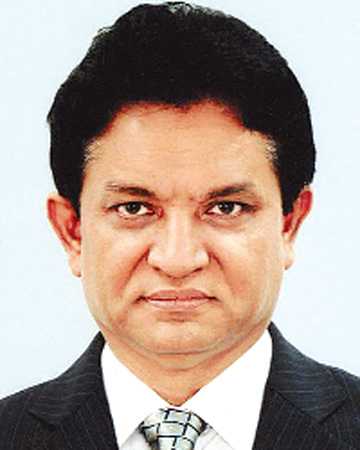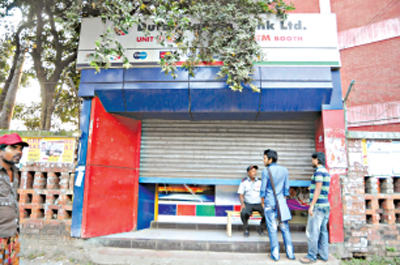The government plans to invest around Tk334 crore in the upcoming fiscal year to increase its shares in Unilever Bangladesh and IFIC Bank, which deposit huge profits to the public coffers every year, officials said yesterday.
The finance division is preparing a letter for the banking and financial institutions division with a proposal to inject funds for acquiring right shares in the two private companies, they said.
The government, which currently holds 39.25% of shares in Unilever, is keen to have more stake in the profitable Anglo-Dutch multinational, the officials said.
Unless the government invests in buying right shares, valued at Tk58 crore, its stake in Unilever would fall to 36.8%, they added.
The consumer goods company deposited Tk108 crore to the government exchequer as dividend payout between 2007 and 2012.
The government also has 32.5% of shares in the International Finance Investment and Commerce (IFIC) Bank Ltd, a first generation private commercial bank in the country.
The bank had sought Tk286 crore from the finance division last year to augment the government’s stake in it, sources said.
The government also made a move in the 2013-14 fiscal to inject more funds in the two companies, but failed to get clearance from the Bangladesh Security and Exchange Commission (BSEC) because of improper procedure, sources at the capital market regulator said.
“Proposals for pumping funds in IFIC Bank and Unilever Bangladesh were rejected in the outgoing fiscal year. But this year, we are proceeding carefully in line with the securities rules for increasing stakes in the two companies,” banking secretary M Aslam Alam told the Dhaka Tribune.
To buy more shares in the companies, the government will spend from the Tk11,160 crore set aside as non-development capital expenditure in the budget for the new financial year, which begins on Tuesday.
In July 16, 2013, the BSEC rejected an application for right issues by IFIC as it did not apply properly.
The bank’s board of directors in 2012 decided to offer three right shares, against the existing four, at an issue price of Tk20, including a premium of Tk10.
Right shares are offered by a company to existing shareholders to raise funds.
News:Dhaka Tribune/29-June-2014





